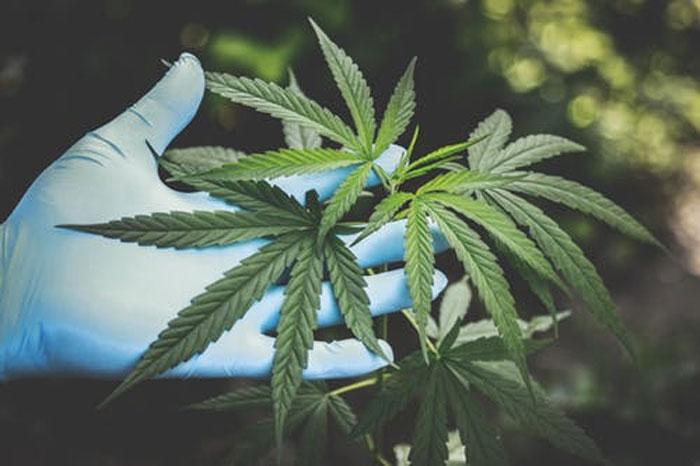ALBANY – The governor and legislative leaders have reached an agreement to legalize adult recreational use of marijuana.
Passage of legislation will be included in state budget bills due to be adopted by April 1.
Tax collections from the program are projected to reach $350 million annually with the potential to create 30,000 to 60,000 new jobs, the officials said.
Up to three ounces of cannabis and 24 grams of cannabis concentrate will be permitted outside home and persons could have three mature plants and three immature plants for adults in home with a maximum of six mature and six immature plants per household.
The use by drivers will remain prohibited.
The agreement would create a two-tier licensing structure that would separate growers and processors from also owning retail stores.
It would create a goal of 50 percent of licenses to go to a minority or woman owned business or distressed farmers or service-disabled veterans to encourage participation in the industry.
The bill proposes a new tax structure that would replace a weight-based tax with a tax per mg of THC at the distributor level. The wholesale excise tax would be moved to the retail level with a nine percent state excise tax. There would also be a local excise tax rate of four percent of the retail price.
Counties would get 25 percent of the local retail tax revenue and 75 percent would go to the municipality.
Taxes would first be used to cover “reasonable costs” to administer the program and implement the law. The remaining money would be split three ways – 40 percent to education, 40 percent to a community grants reinvestment fund, and 20 percent to a drug treatment and public education fund.
Cities, towns and villages may opt-out of allowing adult-use retail stores or on-site consumption licenses by passing a local law by December 21, 2021 or nine months after the effective date of the legislation. They cannot opt-out of adult-use legalization.
The bill creates automatic expungement or resentencing for anyone with a previous marijuana conviction that would now be legal; adds cannabis to the clean indoor air act; and municipalities and local governments are permitted to make laws that are more restrictive than the state’s and contains provisions to ensure that cannabis is treated as a lawful substance and to prevent discriminatory enforcement.
Unlawful discrimination would be prohibited, and workplace safety protections would be implemented.









